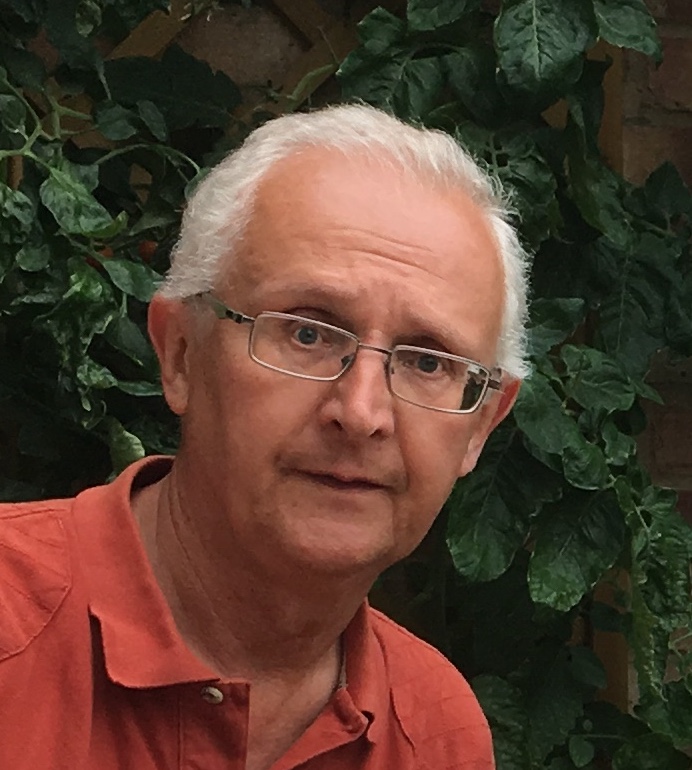
Close-up of male hands on laptop keyboard
How did you get into EAP?
My first job was teaching business English in Japan. I took the job because I wanted to go to Japan! I then moved into teaching scientific & technical English in Japan and then in a private language institute in UK – I have a degree in Physics. For that reason science and technology do not frighten me. Many of my pupils I was teaching were university students so that developed into EAP in UK colleges and universities.
You do a wide range of work within the ESL sphere – which is your favourite aspect of it and why?
I like working with subject specialists in areas I do not know much about and trying to work out how they use language. It is always revealing.
Could you talk a bit about your work in English for Specific Purposes (ESP) and EAP?
ESP is divided into English in educational contexts (EAP) and English in the workplace (EOP). Therefore EAP is an aspect of ESP. I have worked in companies – oil refineries and airports, for example, but most of my work has been in education. However, most universities degree courses now – both at undergraduate and graduate levels – try to be business facing and include professional genres in their assessment tasks. So the distinction is not always so clear. For example, I have recently been teaching post-graduate accountants and many of their assessments tasks are aimed at shareholders, company directors, finance managers etc.
You are an editor of the journal Professional and Academic English. What duties does that involve?
I have been a member of IATEFL ESP SIG since it began and have edited the journal: Professional and Academic English for a while. This involves: blind reviewing potential contributors, working with those accepted to produce suitable text for publication, putting together the publication – including copy editing and proofreading, and most recently desk-top publishing the final journal. The journal probably publishes articles from one of the widest range of nationalities of any journal. In the 50 issues of its existence, we have published articles from people working in 70 countries.
What goes into preparing a presentation for IATEFL?
Thinking what I want to say, doing the research, thinking about the audience, working with the language, planning the time, rehearsal.
Tell us about your involvement with BALEAP.
I was on the BALEAP executive committee for 20 years as PIMs (Professional Issues Meetings) coordinator, BALEAP chair and then treasurer.
What are you currently working on?
I continue to develop my knowledge and EAP skills. At the moment my time is taken up supervising MA students at several universities. I also continue to work with students on their academic language at several institutions nearby. I have taught research methodology to MSc International Business students for several years now. This involves knowledge about research, academic and professional language and the process of publication.

What was the last book you read that you’d recommend?
I recently read Chimamanda Ngozi Adichie’s Americanah. It is – among other things – about an international student in America. Routledge have just published a range of ESP books which I recommended, particularly Maggie Charles and Diane Pecorari’s English for Academic Purposes, but they are all good.
A fact about yourself most people wouldn’t know?
I play the banjo.



 Andy Gillett has spent most of the last 40 years teaching English, applied linguistics, study & research skills and related subjects both in the UK and abroad. During this time he has taught mainly ESP – English for Specific Purposes – in universities, colleges, private language schools, offices and factories. Read more on Andy’s website:
Andy Gillett has spent most of the last 40 years teaching English, applied linguistics, study & research skills and related subjects both in the UK and abroad. During this time he has taught mainly ESP – English for Specific Purposes – in universities, colleges, private language schools, offices and factories. Read more on Andy’s website: